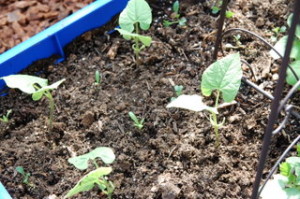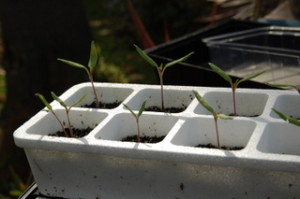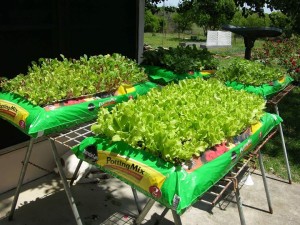Tending to Homework

Have you ever raised vegetables in a garden? Let me describe the process… there are rewards, and there is work, and it is in fact a lot like doing homework.
Gardens are places of intentions. It’s so exciting to mix up the fresh soil, and if you want to grow from seeds, you’ve had some fun shopping for seeds, fantasizing about the plants you’ll grow, the delicious food and meals you’ll be making…. Rewards will come in the future. Probably.
There are some assumptions: you have, or can buy, some good, fertile soil; you have access to water; you have a way to protect the garden from too much sun or rain (not a big problem usually in southern California where I live but important). Kind of like the supplies you need for school: backpack, paper, pencil/pen and/or laptop.
The plants start as little babies, little tender things, like the beginnings of an idea. They need to be kept moist. You need to use a special sprayer so that you don’t blast them out of the garden bed. You have to give them a little of your time, frequently, something like three times a day.

You simply cannot miss spritzing the baby plants with water. They just die right away. However, they don’t really need much else. Just some concentration, for short bursts, 3 times a day.
This is usually what you need to do in school, those first two – three weeks of the semester. Just go back over the class syllabus, briefly review any paperwork you’ve received, flip through the textbook if there is one. Just touch everything for about 15 minutes a day, at least twice a day. If there is an actual assignment, do it to the best of your ability. Don’t skip it or the whole class can collapse on you. By being very familiar with what the class will cover, and what the teacher expects, you can be ahead of the game from the start.
Then, as the plants begin to take root and grow, you need some regular maintenance. Again, it could be watering once a day, or twice a day if you live in a hot place. It means TIME. You need to PLAN on spending that 15 – 30 minutes on each class. If you have four core classes, that is somewhere between 60 – 120 minutes total.
You might need to thin out the seedlings… very common when you put out the whole seed package in your excitement to get things to grow. This means very careful and thoughtful attention, and yes you need to slow down to do it right. This skill is not beyond your abilities; it just takes time.

The analogy with completing specific homework assignments fits here too.
Finally, the plant is big enough to harvest. This is like finals or tests – you need to put a lot of time and effort into this. Lots of time, lots of picking over the plants, carefully pulling out the best plants or leaves or beans or pods. Cleaning them so that you know exactly what you’ve got, and what you’re going to do with it.
But the rewards! The tasty salads, the amazing side dishes, all that effort manifest themselves into something tangible. Not to mention the sense of accomplishment!
So it’s important to know that there are cycles to all of this… and to get yourself into that farmer’s mentality – a little or a lot of attention – but daily attention – is how you will get the rewards you can earn. Every dish you cook may not be great, every assignment you work on may not be excellent, and yes it’s more fun to do these things with a partner or a helper, but you can get something decent. At least a B.
I love this picture of a “pop-up garden” – someone getting some marvelous lettuce greens just by throwing bags of soil onto some sawhorses and old fencing material.
